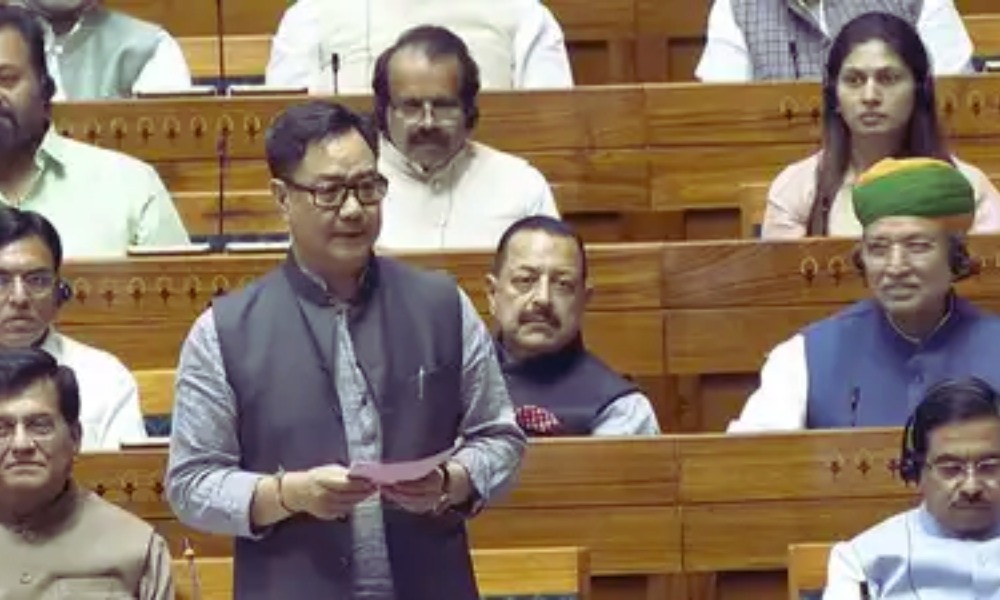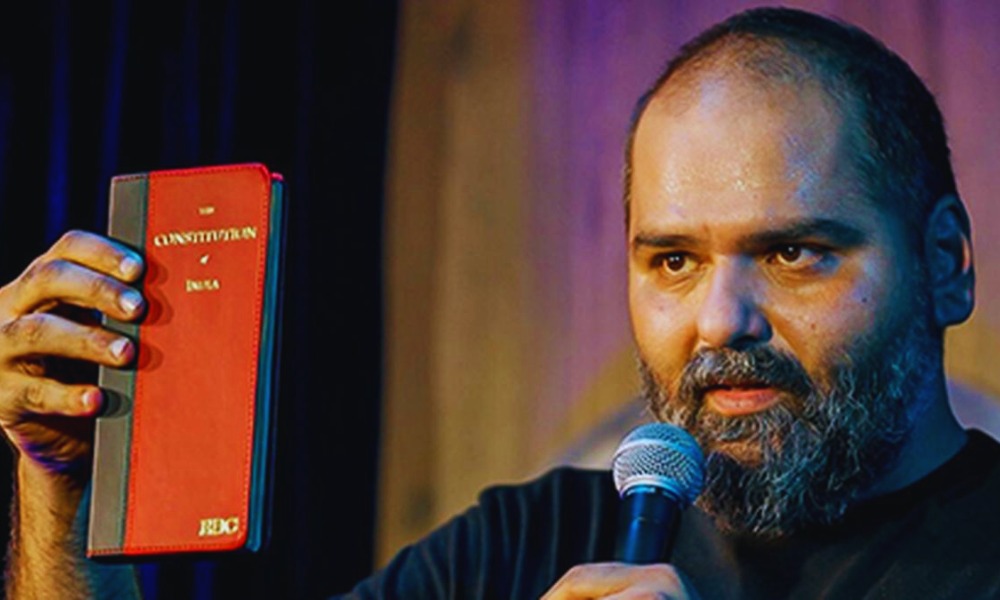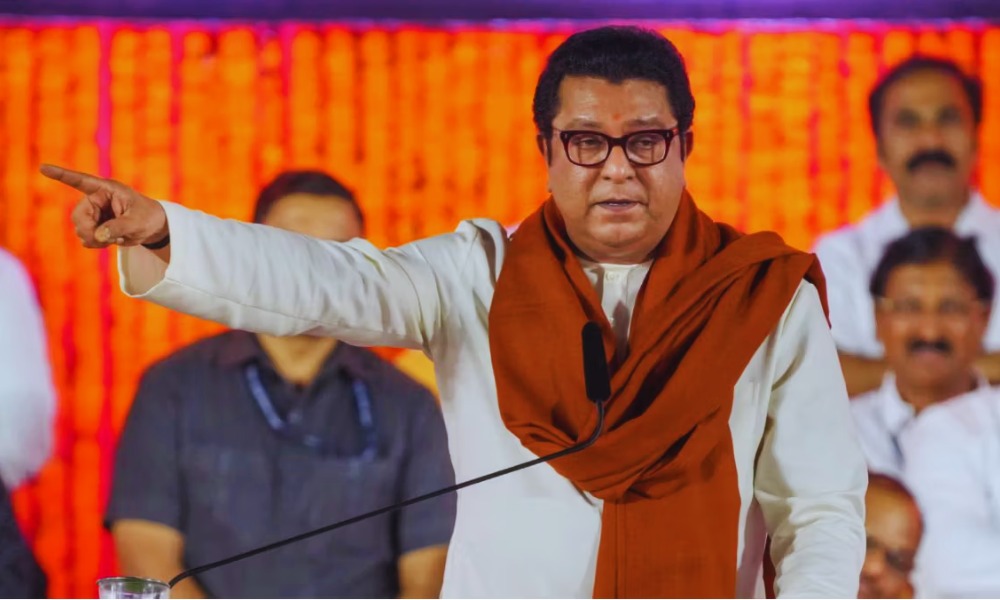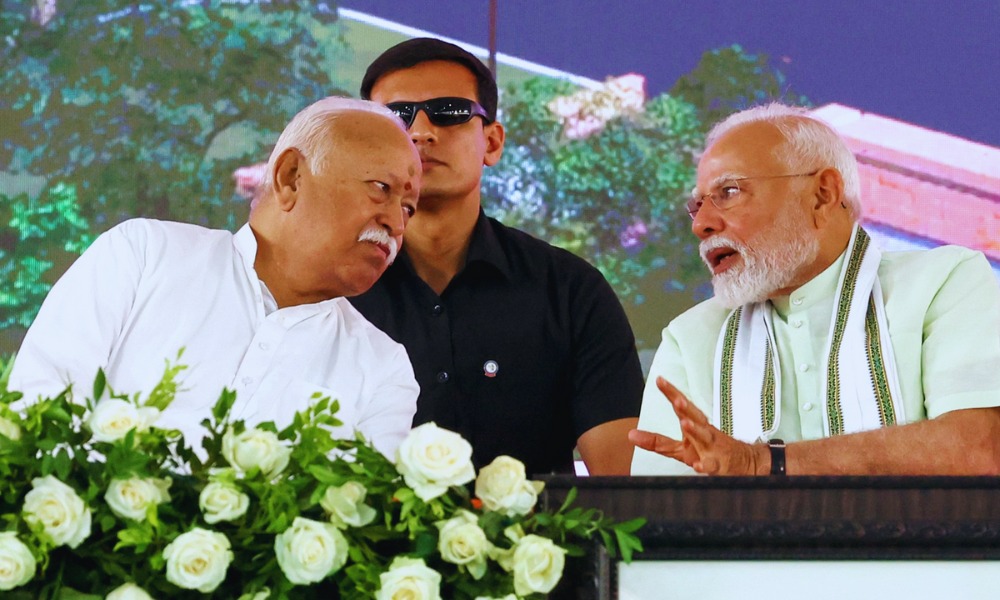Bangladesh in Turmoil: Sheikh Hasina’s Exile, Khaleda Zia’s Hospitalization, and the Rise of Mohammad Yunus’ Interim Regime
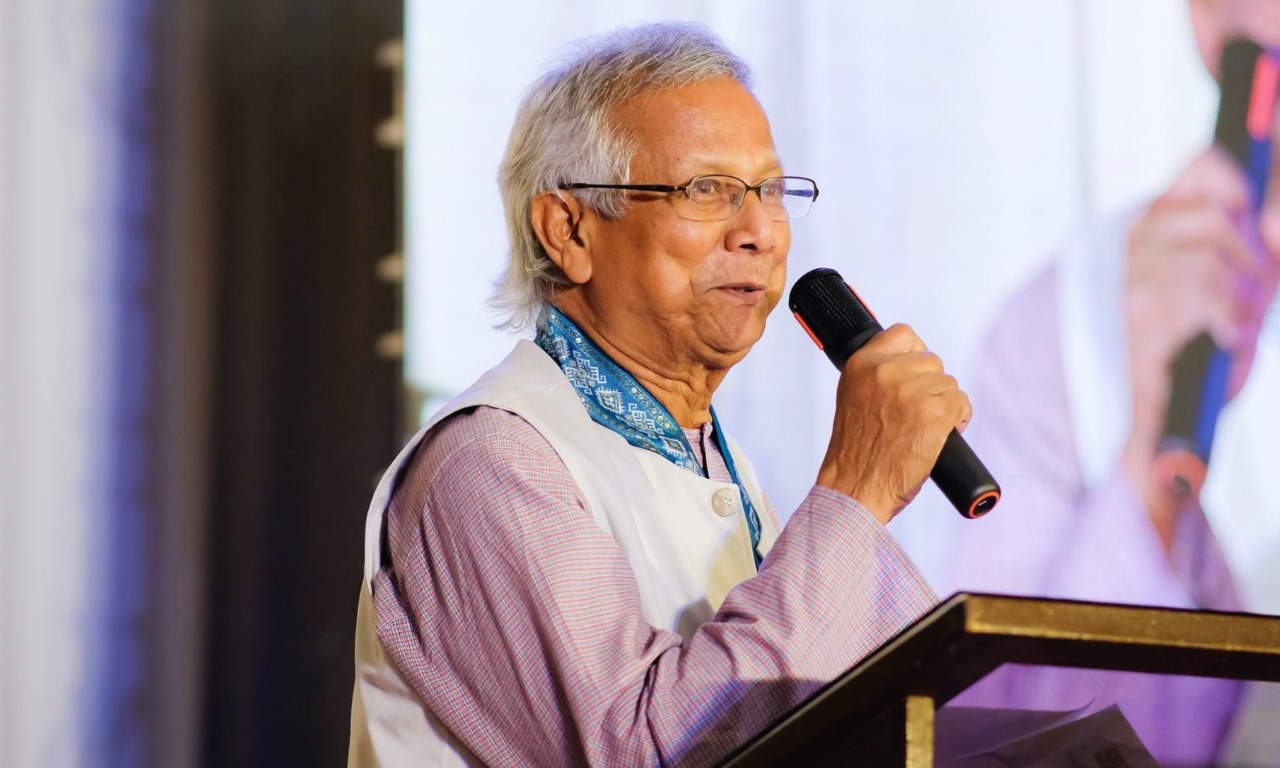
Following the overthrow of Sheikh Hasina’s government in a 2024 coup, an interim regime led by Professor Mohammad Yunus has taken charge in Bangladesh.
While questions about the legitimacy of this government have emerged, it has remained in power without announcing new elections.
The potential challengers to the interim regime, Sheikh Hasina and Khaleda Zia, are now out of the picture due to various circumstances, raising concerns about the future of democracy in the country.
Khaleda Zia Admitted to London Hospital
Former Prime Minister Khaleda Zia, leader of the Bangladesh Nationalist Party (BNP), was recently admitted to a specialized hospital in London for advanced medical treatment.
Her hospitalization follows an emotional reunion with her son, Tarique Rahman, at Heathrow Airport after seven years apart.
“Begum Khaleda Zia was admitted to the London Clinic under Professor Patrick Kennedy at 6.30 PM (BST),” confirmed her personal physician, Professor AZM Zahid Hossain, through BNP Media Cell member Shairul Kabir Khan.
Khaleda Zia, accompanied by her son and acting BNP chairman Rahman, was directly transported to the clinic from the airport.
Khaleda Zia is reportedly battling liver cirrhosis, cardiac disease, and kidney problems. Her son Tarique, who is in exile in London, is expected to return to Bangladesh to contest elections, as the BNP pushes for early polls.
Interim Government Revokes Sheikh Hasina’s Passport
The interim government led by Mohammad Yunus recently revoked the passport of Sheikh Hasina, the ousted Prime Minister of Bangladesh, along with 96 others.
This move comes amid allegations of enforced disappearances and killings during her tenure.
Sheikh Hasina has been living in exile in India since fleeing Bangladesh on August 5, 2024, after massive student-led protests toppled her 16-year Awami League government.
The International Crimes Tribunal has issued arrest warrants against her and several of her former Cabinet members, accusing them of “crimes against humanity and genocide.”
Controversial Pardon for Major Zia
In a move that has drawn widespread criticism, the interim regime is reportedly considering pardoning Syed Ziaul Haque, also known as Major Zia.
A former military officer, Major Zia has been accused of ties to Al Qaeda and involvement in the murders of secular activists and a publisher in Bangladesh.
Major Zia was previously on Bangladesh’s most-wanted terrorist list and implicated in the 2015 terrorist attack in Dhaka that killed US citizen Avijit Roy.
He has also been linked to Pakistan’s ISI and the Jamaat-ul-Mujahideen Bangladesh (JMB), leading to his expulsion from the military.
The US Department of State had announced a $5 million reward for information leading to his capture. Despite these accusations, Major Zia was allegedly removed from Bangladesh’s terrorist list, and the interim government is reportedly working toward granting him reprieve.
The “Minus-2 Formula” in Action
Critics argue that the removal of Sheikh Hasina and Khaleda Zia from Bangladesh’s political landscape is part of a “Minus-2 formula” aimed at paving the way for a third political entity.
This formula allegedly seeks to weaken the dominance of traditional political forces and establish a new regime under Mohammad Yunus, with the support of student leaders.
Some believe that Khaleda Zia’s departure for medical treatment and Sheikh Hasina’s exile and passport revocation are deliberate strategies by the interim government to consolidate power.
Growing Concerns Over Democracy
The Yunus-led interim regime has also been accused of aligning with Islamist groups, further raising concerns about Bangladesh’s political trajectory.
Experts argue that pardoning individuals like Major Zia undermines the country’s efforts to combat terrorism and threatens its secular values.
Meanwhile, the removal of two prominent political figures—Sheikh Hasina and Khaleda Zia—leaves a leadership vacuum, potentially paving the way for an indefinite rule by the interim government.
A Nation at a Crossroads
Bangladesh’s political future remains uncertain as the interim government strengthens its grip on power. With both Sheikh Hasina and Khaleda Zia effectively sidelined, the country’s democratic fabric is under significant strain.
The international community and the Bangladeshi public now wait to see how this political drama unfolds.





